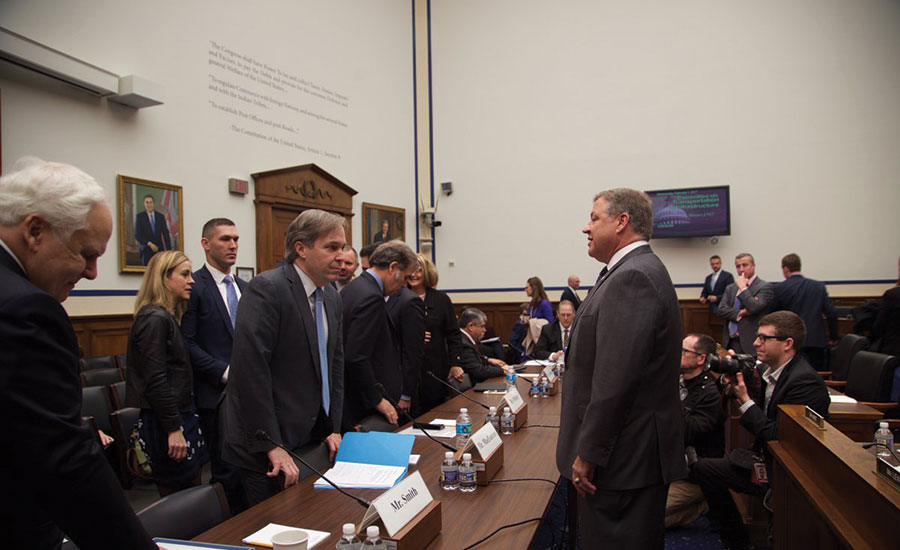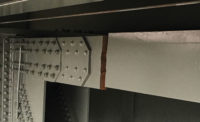While infrastructure advocates wait to see what sort of investment plan President Trump will propose, a House Transportation and Infrastructure Committee hearing provided another forum to discuss what to do about deteriorating highways and other transportation networks. There was wide agreement on the needs, and some familiar ideas were floated on how to address them.
Committee Chairman Bill Shuster (R-Pa.), opening the Feb. 1 hearing, said infrastructure has been a hot topic, noting its visibility in last year’s presidential campaign. “The wind is at our backs,” Shuster said, “and it’s time to act on our infrastructure’s needs.”
Dave Bauer, American Road & Transportation Builders Association senior vice president for government relations, says, “There’s a lot of optimism, because of … the obvious influence of the president on Congress [being] willing to actually look at doing something more than just repackaging the status quo, which is what they’ve done in the last several bills.”
Shuster didn’t offer a detailed proposal but said the plan should cover all transportation modes and include “leveraging resources from all levels of government and the private sector.”
The committee’s top Democrat, Peter DeFazio (Ore.), got specific, proposing to raise the federal gas tax to account for construction-cost inflation, or 1.2¢ per gallon in the first year. The new revenue would back bonds and produce $23 billion more a year, DeFazio said. Brian Deery, senior director of the Associated General Contractors of America’s highway and transportation division, calls DeFazio’s proposal “very encouraging.”
DeFazio called for unlocking the Harbor Maintenance Trust Fund’s $9-billion balance to trim a $22-billion project backlog. Cargill Inc. CEO David MacLennan supports the idea. “We’ve got this money that’s been collected,” he said at the hearing. “We paid it—it’s there, and we need it.” To upgrade airports, DeFazio wants to hike the passenger facility charge, which has held at $4.50 since 2000. Such ideas have been raised before but not enacted.
FedEx CEO Frederick Smith testified that, for decades, Congress hasn’t been able to approve “payment streams” for infrastructure. “That is the issue,” he said. “It’s not any failure to recognize we’ve got a problem here. It’s an unwillingness to provide the funding to fix it.”
Deery says, “I think the ball’s in the administration’s court to come up with something.” He says the plan should not be a one-shot deal but “an ongoing, forward-looking infrastructure program that addresses these issues on a regular basis.” He adds, “You can’t just pour a bunch of money into it in one year and expect to solve all these problems.”




Post a comment to this article
Report Abusive Comment